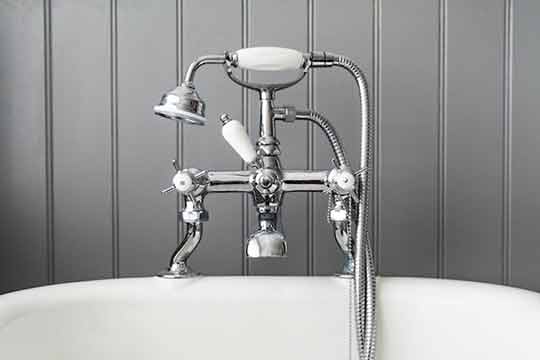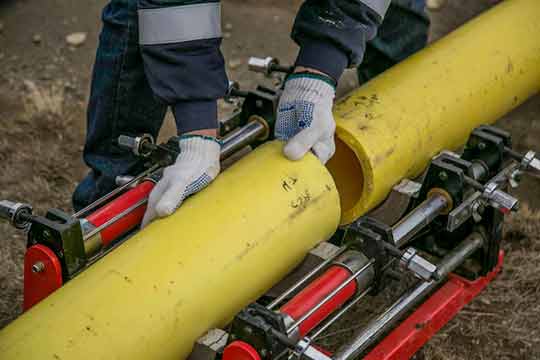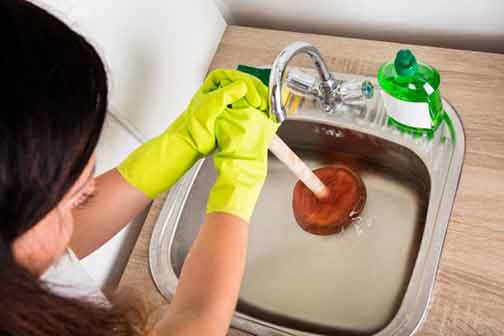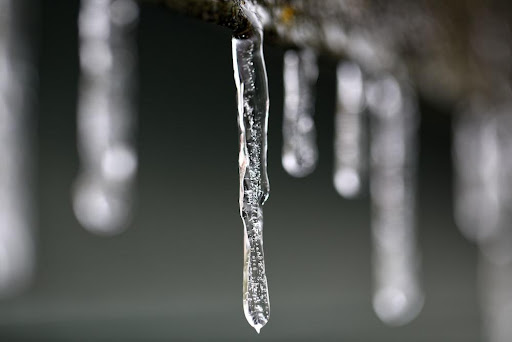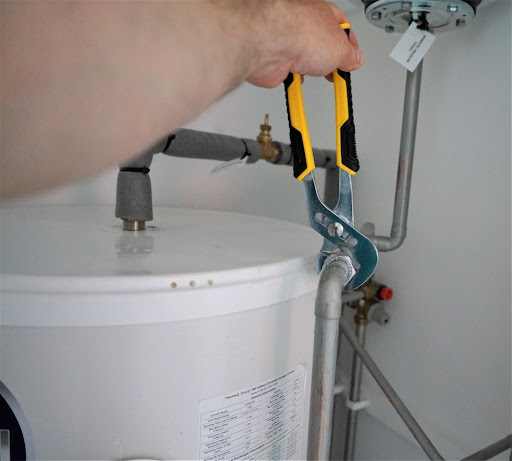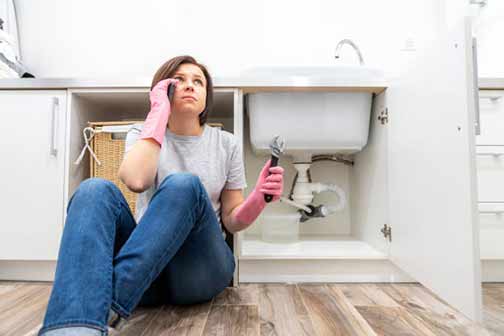
Plumbing emergencies can strike at any time, often without warning, and can cause significant damage to your home if not addressed promptly. Understanding the nature and potential causes of these emergencies is the first step in mastering them. Plumbing emergencies typically involve situations such as burst pipes, severe leaks, clogged drains, and overflowing toilets. Each of these scenarios requires immediate attention to prevent further damage and costly repairs.
Plumbing systems are an integral part of any household, responsible for delivering clean water and removing waste efficiently. However, when these systems fail, the consequences can be dire. Familiarizing yourself with the components of your plumbing system, including pipes, fixtures, and appliances, is essential for identifying and addressing potential issues before they escalate into emergencies.
Identifying Common Plumbing Emergencies
Recognizing the signs of a plumbing emergency is crucial for taking swift action. Common indicators include water stains on walls or ceilings, a sudden decrease in water pressure, unusual gurgling noises coming from pipes, and the presence of water where it shouldn’t be. Additionally, foul odors emanating from drains and persistent clogs that don’t respond to standard unclogging methods can signal a serious issue.
Beyond these visible signs, understanding the underlying causes of plumbing emergencies can help in prevention. Factors such as aging infrastructure, extreme temperatures, and high water pressure can contribute to the deterioration of plumbing systems. Regular inspections and maintenance can help identify potential weak points in your plumbing, allowing for timely intervention and repair.
Immediate Actions to Take During a Plumbing Emergency
When faced with a plumbing emergency, time is of the essence. The first step is to shut off the water supply to prevent further leakage or flooding. Locate the main water shut-off valve in your home and turn it off. For localized issues, such as a leaking faucet or toilet, you may be able to shut off the water supply to that specific fixture. Next, assess the situation to determine the severity of the problem and whether you can handle it yourself or need professional assistance.
In addition to shutting off the water supply, it’s important to minimize water damage by removing any valuables from the affected area and using towels or mops to absorb standing water. Documenting the damage with photographs can also be helpful for insurance purposes. Once the immediate threat is contained, you can begin to address the root cause of the problem, either through DIY methods or by contacting a professional plumber.
Expert Advice on Handling Burst Pipes
Burst pipes are one of the most destructive plumbing emergencies, often resulting from freezing temperatures or excessive pressure. To mitigate damage, immediately turn off the main water supply and open all faucets to drain the remaining water from the system. Use towels or buckets to contain any water leakage and prevent it from spreading. If possible, identify the location of the burst and apply a temporary patch using pipe repair tape or a rubber clamp until a professional plumber can make a permanent repair.
Preventing burst pipes involves taking proactive measures, such as insulating exposed pipes during cold weather and maintaining a consistent indoor temperature. Regularly checking for signs of wear and tear, such as rust or corrosion, can also help identify pipes that may be at risk of bursting. In areas prone to freezing, consider installing heat tape or pipe sleeves to provide additional protection against the cold.
Dealing with Severe Leaks: Tips from the Pros
Severe leaks can occur in various parts of your plumbing system, including pipes, faucets, and appliances. To address a severe leak, start by turning off the water supply to the affected area. If the leak is minor, you might be able to fix it yourself by tightening connections or replacing worn-out washers. For more significant leaks, it’s advisable to contact a professional plumber to ensure a proper detection of a leak and thorough repair to prevent future issues.
Professional plumbers recommend regular inspections of your plumbing system to catch leaks early. Installing leak detection devices can also provide alerts when a leak is detected, allowing for prompt action. Additionally, understanding the water pressure in your home and adjusting it to a safe level can prevent stress on pipes and reduce the likelihood of leaks.
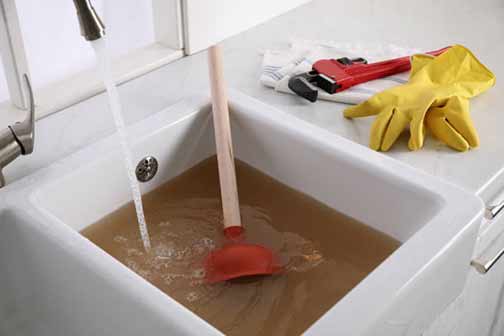
Prevent clogs by regularly cleaning your drains and avoiding the disposal of grease, hair, and other debris. For minor clogs, try using a plunger or a drain snake to clear the blockage.
Clogged Drains: Prevention and Quick Fixes
Clogged drains are a common plumbing issue that can quickly escalate into an emergency if left unaddressed. Prevent clogs by regularly cleaning your drains and avoiding the disposal of grease, hair, and other debris. For minor clogs, try using a plunger or a drain snake to clear the blockage. If these methods are unsuccessful, a chemical drain cleaner might be necessary, but use it sparingly to avoid damaging your pipes.
Prevention is key when it comes to clogged drains. Installing drain covers can help catch debris before it enters the plumbing system. Regularly flushing drains with hot water and a mixture of baking soda and vinegar can also help break down buildup and maintain clear pipes. For persistent clogs, consider scheduling a professional hydro jetting service to ensure your drains remain free-flowing.
Overflowing Toilets: Immediate Steps to Take
An overflowing toilet can cause panic, but quick action can prevent extensive water damage. First, remove the tank lid and push down the flapper valve to stop additional water from entering the bowl. If the water level continues to rise, turn off the toilet’s water supply valve located behind the fixture. Once the immediate overflow is contained, use a plunger to attempt to clear the clog. If the problem persists, professional intervention may be required.
To prevent toilet overflows, avoid flushing non-flushable items such as wipes, feminine hygiene products, and paper towels. Regularly inspect the toilet’s internal components, such as the flapper and fill valve, to ensure they are functioning properly. Educating household members about proper toilet use can also help minimize the risk of clogs and overflows.
Preventive Measures to Avoid Plumbing Emergencies
Prevention is the best strategy when it comes to plumbing emergencies. Regular maintenance, such as inspecting pipes for leaks, ensuring proper insulation during cold months, and keeping drains clear of debris, can significantly reduce the risk of emergencies. Additionally, installing water leak detectors and pressure regulators can provide early warnings and help maintain a stable plumbing system.
Understanding the layout of your plumbing system and knowing the location of shut-off valves can also be invaluable during emergencies. Consider creating a maintenance schedule that includes routine checks of your plumbing system, including water heaters, sump pumps, and septic tanks. Staying informed about the latest plumbing technologies and trends can also help you make informed decisions about upgrades and repairs.
When to Call a Professional Plumber
While some plumbing issues can be handled with DIY methods, certain situations necessitate professional expertise. If you encounter persistent leaks, severe water damage, or complex plumbing installations, it’s best to call a licensed plumber. They have the tools and knowledge to diagnose and resolve issues efficiently, ensuring the longevity and safety of your plumbing system.
Professional plumbers can also provide valuable advice on maintaining your plumbing system and identifying potential problems before they escalate. Building a rapport with a trusted plumber can ensure you have reliable assistance when emergencies arise, and can also provide peace of mind knowing your plumbing system is in capable hands.
Building a Relationship with a Trusted Plumber
Having a reliable plumber on call can provide peace of mind and ensure prompt service during emergencies. Research local plumbers, read reviews, and ask for recommendations from friends or family. Establishing a relationship with a trusted professional means you’ll have someone familiar with your home’s plumbing system, which can expedite repairs and maintenance.
When selecting a plumber, consider their qualifications, experience, and customer service. A reputable plumber should be licensed, insured, and willing to provide references upon request. Communicating openly with your plumber about your expectations and concerns can help build a strong working relationship, ensuring your plumbing needs are met with professionalism and care.
Conclusion: Mastering Plumbing Emergencies with Confidence
By equipping yourself with the knowledge and skills to handle plumbing emergencies, you can protect your home from extensive damage and costly repairs. Understanding the signs of a plumbing issue, taking immediate action, and knowing when to call a professional are all essential components of mastering plumbing emergencies. With expert advice and preventive measures, you can confidently navigate any plumbing challenge that comes your way.
Empower yourself by staying informed about the latest plumbing technologies and best practices. Regular maintenance, proactive measures, and a trusted professional can make all the difference in maintaining a safe and efficient plumbing system. With the right tools and knowledge, you can face plumbing emergencies with confidence and peace of mind.





